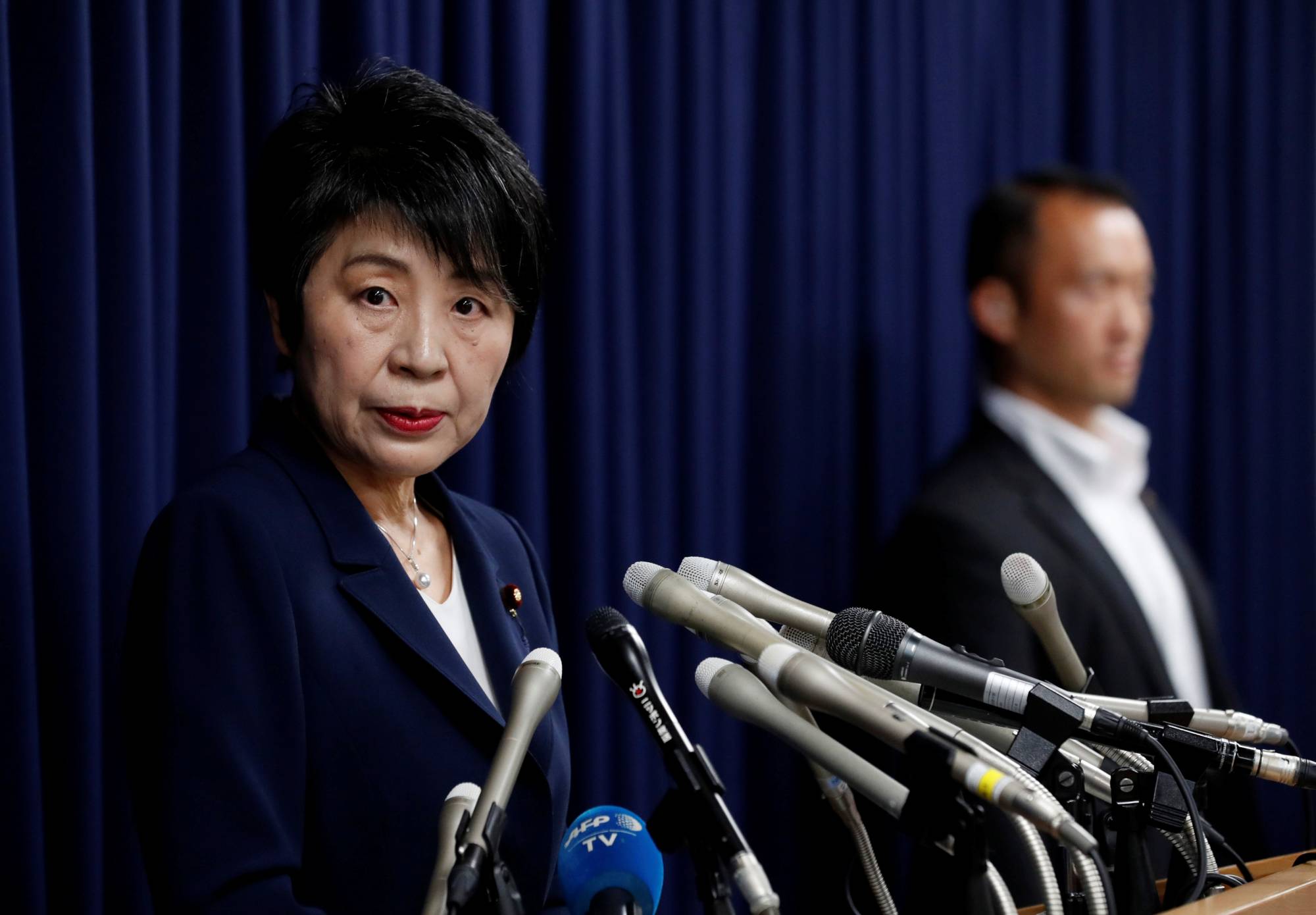Earlier this month, two unidentified people on death row filed a suit in Osaka District Court, demanding the government discontinue the practice of not informing condemned prisoners of their execution time until the day it is to take place. The plaintiffs say this protocol, which is not stipulated in the operational rules for executions, violates the Constitution's Article 31 prohibiting the imposition of criminal penalties without "proper procedure."
As explained by NHK on its News Web site, the plaintiffs stated that not informing condemned prisoners of the date of their hangings in advance is "exceptionally cruel" in that the prisoner has no time to prepare for their death. Nor does it allow them time to consult lawyers or meet with loved ones. The state has defended the practice by saying it assures the prisoner's "peace of mind," since, presumably, informing them of the date beforehand will cause them to be consumed with dread for their remaining time. Prisoners are currently informed of their impending executions one or two hours before they are carried out.
NHK also explains that this practice has been in place since 1975. Previously, condemned prisoners were informed of their execution at least one day in advance, and, according to a former prison guard, condemned prisoners were once able to meet with family and write a will before dying. However, these allowances were stopped when one prisoner killed himself after being informed of his execution date. The state and the lawsuit say the reason for the suicide was that the prisoner was denied the opportunity to meet with a clergyman of his choice. The plaintiffs of the recent lawsuit said through their lawyer, Yutaka Ueda, that nowadays it is easy to prevent suicides because of surveillance cameras on death row.

















With your current subscription plan you can comment on stories. However, before writing your first comment, please create a display name in the Profile section of your subscriber account page.